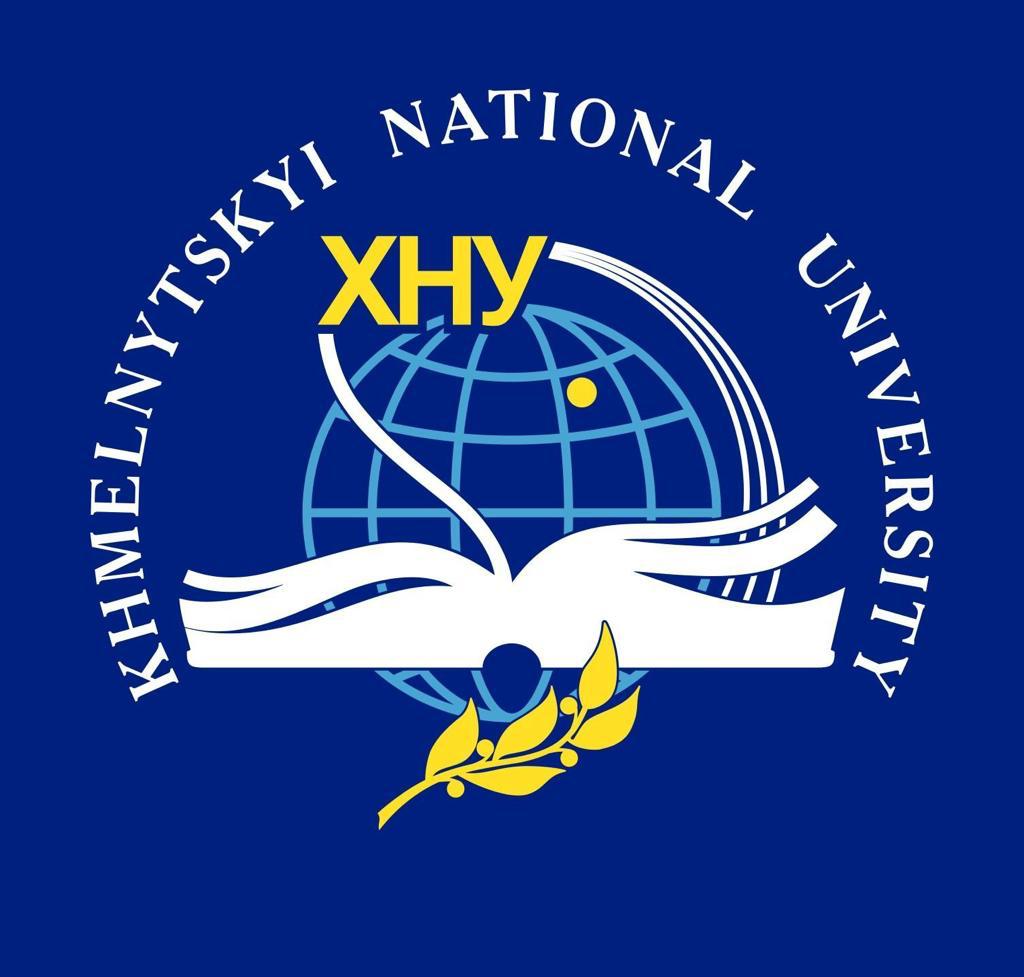INDICATORS OF READINESS OF YOUNG SCHOOLCHILDREN TO MASTER SWIMMING TECHNIQUES
DOI:
https://doi.org/10.31891/pcs.2025.1(1).54Keywords:
swimming training, swimming trainingprimary school children, motor readiness indicators, psychological readinessAbstract
The purpose of the study: to determine the indicators of readiness of younger schoolchildren for effective mastery of swimming techniques. For this purpose, a survey was conducted of 32 swimming coaches who work with children at the stage of primary education.
One of the ways to overcome the problem of adaptation and improve the quality of swimming training for younger schoolchildren is the formation of motor readiness and mastery of swimming skills that precede the study of sports techniques. Motor readiness includes the appropriate level of development of physical qualities as the basis for successful swimming training. The main physical qualities that determine the readiness of children to learn swimming are coordination, flexibility and strength. Endurance allows you to more effectively perform educational tasks in water. Although physical training on land contributes to the overall development of students, the effectiveness of transferring physical qualities in an aquatic environment is limited. It is important to include special exercises in water that will help adapt motor skills to swimming conditions.
Swimming coaches confirmed the importance of simulation exercises on land, which contribute to the correct mastery of swimming techniques. The most commonly used exercises are those that simulate body position, arm and leg movements, and exercises with rubber shock absorbers. In general, the formation of readiness of younger schoolchildren to master the swimming technique includes: mastering the breathing technique and the ability to hold it for a long time, forming water-based skills, improving the skills of moving the body in water. The child's psychological reaction to water is a determining factor in readiness for learning. Students who are afraid of water need an individual approach and special teaching methods. The educational process should be adapted to the individual psychological characteristics of children, which will ensure more effective mastering of swimming techniques.
References
Bezkopylnyi O. O., Makarenko M. V., Hrechukha S. V. Success in mastering swimming skills by boys aged 8-9 with different states of properties of basic nervous processes // Slobozhanskyi Scientific and Sports Bulletin. – 2010. – No. 1. – P. 155–158.
Buzhyna I. V., Dikalova O. O., Hrychyk D. V. The use of the game method in the initial teaching of swimming // Bulletin of Chernihiv National Pedagogical University. Series: Pedagogical Sciences. Physical Education and Sports. – 2013. – Issue 112 (3). – P. 105–107.
Nazarkevych L. I. Generalization of experience in using swimming in physical culture and health-improving activities for younger preschool children // Scientific Journal of the M. P. Dragomanov National Pedagogical University. Series 15: Scientific and Pedagogical Problems of Physical Culture (Physical Culture and Sports). – 2017. – 3K(84). – P. 60–68.
Obrazhei O., Malyarenko I., Koltsova O., Kedrovskyi B. The structure of the initial swimming teaching process for younger schoolchildren in a summer health camp // Physical Education, Sports, and Health Culture in Modern Society. – 2020. – No. 1. – P. 90–95.
Simak N., Odynets T. Organizational and methodical features of teaching swimming to children at the stage of initial training // PCS [online]. – 2022. – October 26 [cited on March 15, 2025]. – Available at: https://spppc.com.ua/index.php/journal/article/view/954
Simak N. D., Odynets T. Y. Innovative approaches to teaching swimming to children at the stage of initial training // Scientific Journal of the National Pedagogical University named after M. P. Dragomanov. Series 15: Scientific and Pedagogical Problems of Physical Culture (Physical Culture and Sports). – Kyiv: Publishing House of Mikhailo Dragomanov National University, 2023. – Issue 3K (162). – P. 369–374.
Sheiko L. V. The impact of the game method on the quality of swimming readiness of younger schoolchildren engaged in health-improving swimming // Sports Games. – 2021. – No. 1. – P. 84–94.
Olaisen R. H., Flocke S., Love T. Learning to swim: role of gender, age and practice in Latino children, ages 3-14 // Inj Prev. – 2018. – Vol. 24(2). – P. 129–134.
Downloads
Published
How to Cite
Issue
Section
License
Copyright (c) 2025 Наталія ГНЕСЬ , Інна ГЛУШЕНКО , Вадим КОВАЛЬЧУК

This work is licensed under a Creative Commons Attribution 4.0 International License.





